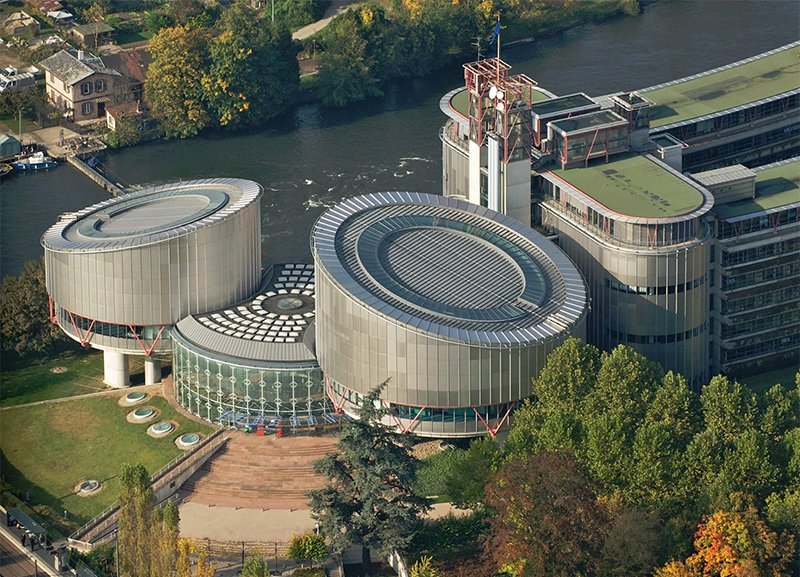Foreign Minister Constantinos Kombos has hailed a Council of Europe committee decision to maintain its supervision of the case of property rights of Cyprus against Turkey, noting that more countries supported the move than last year.
Kombos was upbeat as he said the outcome maintains pressure, sends a political message, and shows that the ministry’s efforts are paying off.
“The decision sends a strong message to Turkey, which the European Court of Human Rights (ECHR) decision held solely responsible for depriving Greek Cypriot displaced persons of their properties; Turkey should, inter alia, end the unlawful use and exploitation of these properties,” the foreign ministry said on Friday.
The case is centred on the property rights of displaced persons (in the fourth interstate case of Cyprus against Turkey) but required the support of other countries to maintain its supervision status.
That, Kombos explained, was not a foregone conclusion as last year the committee ended the supervision process in the implementation of a prior European Court of Human Rights ruling regarding a Greek Cypriot refugee’s individual application against Turkey.
The refugee in question is Titina Loizidou, who in 1996 won her case against Turkey at the ECHR concerning the restitution and peaceful enjoyment of her property in Kyrenia, on the northern coast of Cyprus.
“It is highly regrettable that for many years we are witnessing an effort to achieve the closure of this cluster,” the ministry added.
But Kombos explained late on Thursday night that diplomatic victories were scored by Nicosia as it persuaded four countries to reverse their initial position of moving to end the supervision status. The countries that eventually voted in favour of Cyprus are Germany, Lithuania, Switzerland and Czechia.
The ministry further stated that: “By choosing to maintain the supervision, the committee underscores its determination to ensure that Turkey fully implements the Court’s decision and restores the property rights of displaced Greek Cypriots.”
Last year’s development deeply depressed many who followed Loizidou’s case.
She said last year that the committee had had the time since 2005 to achieve the implementation of the decision to restore her property in the north – but that the mechanisms available proved unable to implement the ECHR’s ruling.







Click here to change your cookie preferences